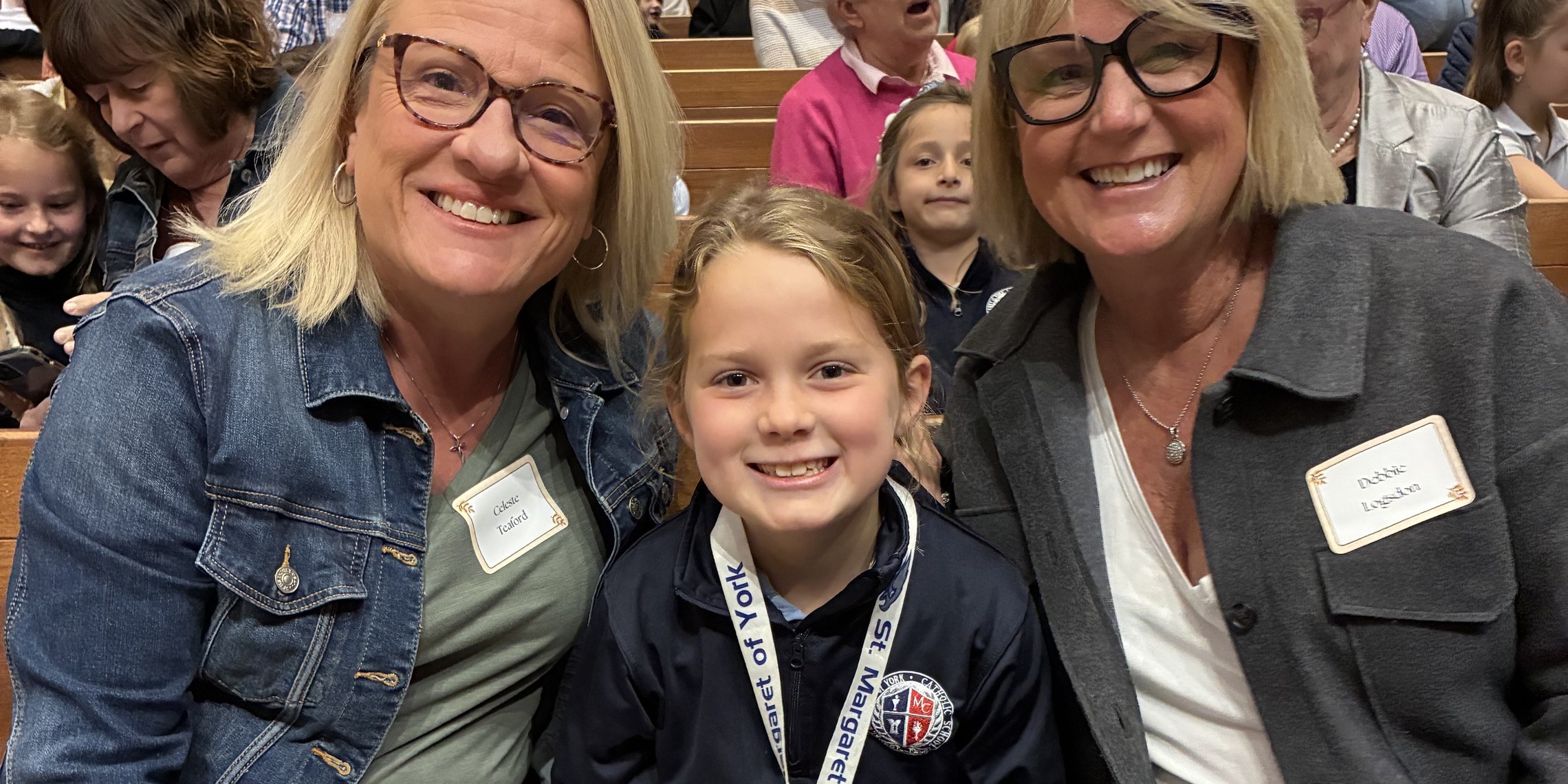This liturgical year, on April 19, 2020, the Octave or Eighth Day of Easter, we celebrate the 20th anniversary of the initiation of Divine Mercy Sunday.
On the Second Sunday of Easter of the Jubilee Year 2000, at the Mass for the Canonization of St. Faustina Kowalska, Pope Saint John Paul II proclaimed, “It is important then, that we accept the whole message that comes to us from the word of God on this Second Sunday of Easter, which from now on throughout the Church will be called ‘Divine Mercy Sunday.’”
So what makes Divine Mercy such a powerful revelation? The Church’s doctrine of Divine Mercy and the liturgical practices are not based on St. Faustina’s revelations. The message of Divine Mercy has been revealed by God and handed down to us through the Apostles and in Sacred Scripture and Sacred Tradition for more than 2,000 years.
What makes St. Faustina’s revelations striking is the way that they so powerfully express this central truth that lies at the heart of the Gospel: the Merciful Love of God, manifest especially in the Passion, Death and Resurrection of His Son, Jesus.
Indeed, some of the devotional forms that come from Saint Faustina’s “private revelations,” have given the world New Channels for the outpouring of God’s grace, and include: the Image of Jesus, the Divine Mercy; the Feast of Mercy / Divine Mercy Sunday; the Hour of Great Mercy at 3 o’clock in the afternoon; the Chaplet of Divine Mercy (said on an ordinary rosary); the Novena of Divine Mercy (which begins on Good Friday and concludes on the Saturday before Divine Mercy Sunday.) The words to both the Chaplet and Novena were given directly to St. Faustina by Jesus and they are vivid ways of contemplating and celebrating the Paschal Mystery. These Channels all proclaim the timeless Gospel message of God’s Merciful Love and draw us back to the great Sacraments of Mercy, the Sacrament of Reconciliation and the Holy Eucharist, where the Heart of Jesus overflows with Mercy for All.
During the 1920’s and 30’s, Jesus appeared and communicated to the young, uneducated Polish nun, St. Faustina Maria Kowalska. He asked that she tell the whole world about His inconceivable Mercy and Forgiveness. What then is the meaning of Divine Mercy? The message of Divine Mercy is that God loves us, all of us, no matter how great our sins. God’s very nature is Love, and Mercy is His greatest attribute. He wants us to recognize that His Mercy is greater than our sins, so that we will call upon Him with “Trust,” receive His Mercy, and let His Mercy flow through us to others.
Pope Saint John Paul II, strongly encouraged Catholics to pay heed to the messages and revelations given to St. Faustina, as a special call to all at this time to turn back to God’s Merciful Love and place our Trust in Him. Our Holy Father, at the request of Jesus through St. Faustina, established Divine Mercy Sunday and recommended, the veneration of the Image of Divine Mercy and the praying of the Chaplet and Novena of Divine Mercy, as a helpful means to that end.
The Chaplet of Divine Mercy is an intercessory prayer and may be said at any time, but it is most appropriate to pray the Chaplet during the “Hour of Great Mercy,” 3 o’clock each afternoon, recalling the time of Christ’s Passion and Death on the Cross at that hour. Also, Our Lord specifically told St. Faustina to recite it during the nine days before the Feast of Mercy, Divine Mercy Sunday. He then added: “By this Novena of Chaplets, I will grant every possible grace to souls.” (Diary 796) The Chaplet is extremely powerful when it is said in the presence of a dying person. Jesus told St. Faustina, “I will stand between My Father and the dying person, not as the just Judge but as the Merciful Savior.” (Diary 1541)
On Divine Mercy Sunday, we are all invited to participate and to receive the promises conveyed on anyone who fittingly observes this feast. Our Lord’s promise is to grant us the complete forgiveness of sins and the temporal punishment due to sin (that is purgatory) on the Feast of Divine Mercy. We have the opportunity to pray for ourselves, or a loved one in purgatory, or a dying soul who is unable to pray the chaplet themselves. This “is nothing less than the equivalent of a complete renewal of baptismal grace in the soul: ‘complete forgiveness (remission) of sins and punishment.’” (ref: JPII Institute of Divine Mercy – “Understanding Divine Mercy Sunday.”)
Taken from St. Faustina’s writings, in order to fittingly observe this beautiful Feast Day of Mercy, we are asked to:
- Sincerely Repent of our sins in the Holy Sacrament of Reconciliation;
- Receive Holy Communion on the Day of this Feast;
- Venerate the Image of the Divine Mercy … “Jesus I Trust in You;”
- Place our complete Trust in Jesus as we receive His Forgiveness and His Mercy;
- Be Forgiving and Merciful to others, through our Actions, our Words, and our Prayers on their behalf.
Please Note: Those unable to attend Divine Mercy Sunday Mass and receive Holy Communion are able to receive the grace of Divine Mercy Sunday when at the next opportune time, they go to Holy Mass and receive Holy Communion in the state of grace. The sick and all who for just cause cannot leave their homes, can also receive the grace of Divine Mercy Sunday when they recite the Our Father and the Creed devoutly before an Image of Our Merciful Lord, Jesus, and in addition, pray devoutly an invocation to the Merciful Lord Jesus such as: “Merciful Jesus, I Trust in You.”
Since we will not be able to gather for the celebration of Divine Mercy Sunday, included are some links to the National Shrine of The Divine Mercy in Stockbridge, MA, which will allow our participation through Facebook from our homes. This will also be televised on EWTN.
Written by: Deacon Paul Blessing
More News...
Grandparents' Day
Grandparents’ Day at SMOY was a heartwarming and joyful celebration filled with love, laughter, and faith. The students attended Mass with their grandparents before...Read more
The Stories Behind the Gospels
Discover the Stories Behind the Gospels!
Join us for an engaging evening as we dive into two accounts of Jesus’ life—the Gospels of...Read more






